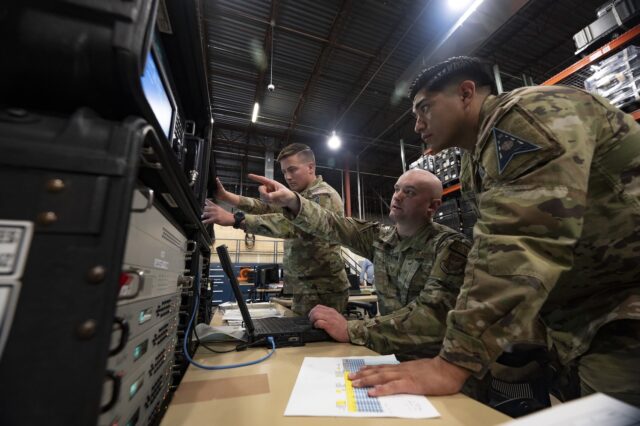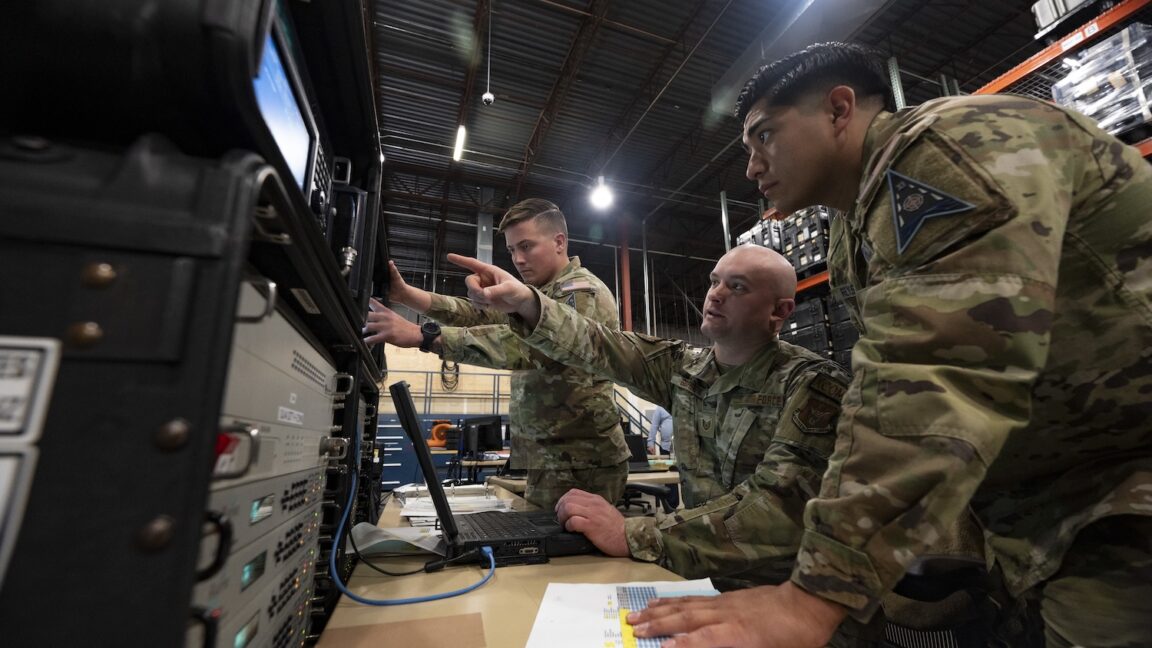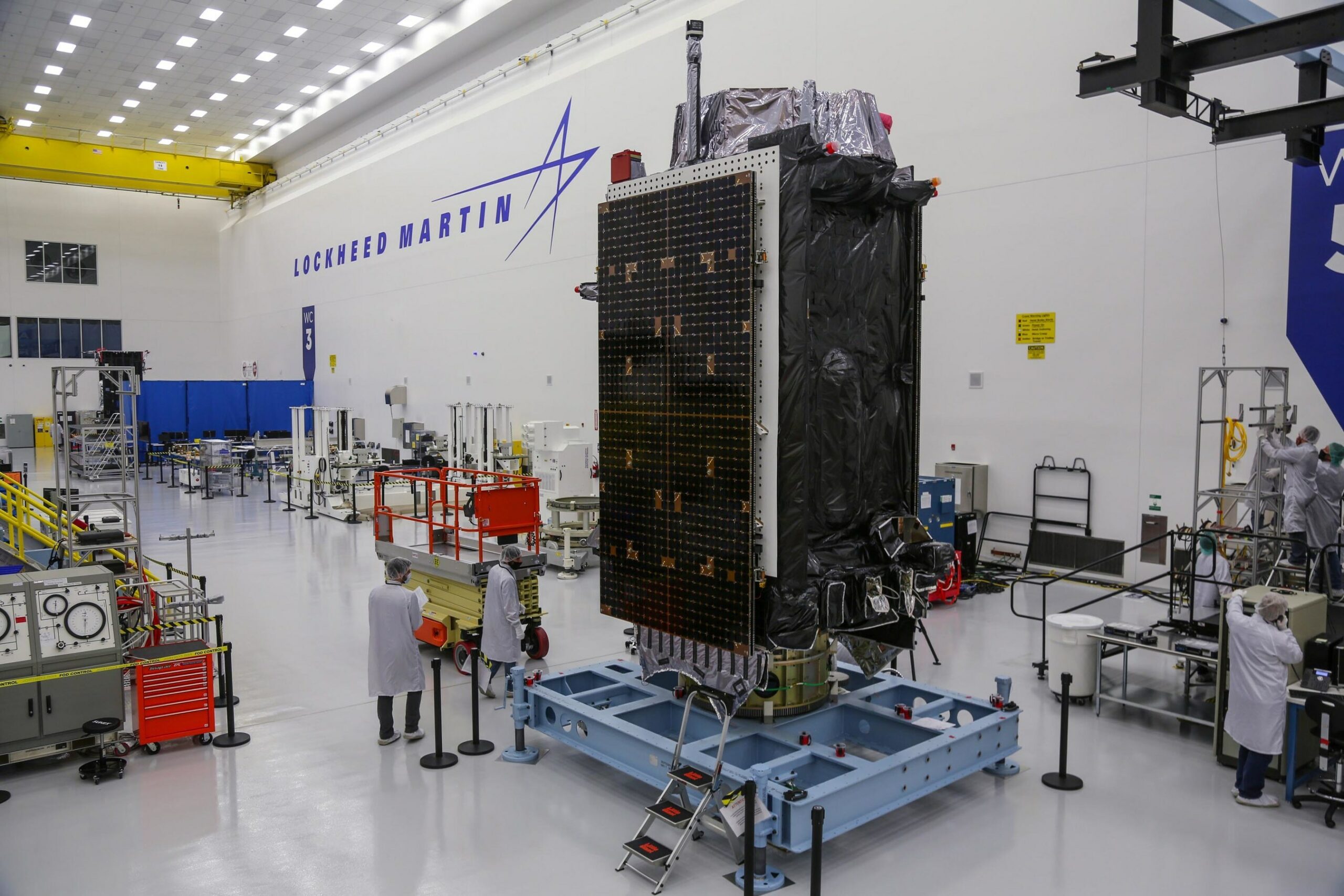This is Part 1 of a two-part series on the military's secretive Space Rapid Capabilities Office.
ALBUQUERQUE, New Mexico—For decades, America's big defense contractors have known they can count on a steady flow of business from the Pentagon. You win some, and you lose some. But don't fret. Inevitably, there's a new opportunity to get money from the world's largest military.
This paradigm is shifting with the launch of a wave of startups eager to deliver software, missiles, drones, satellites, and other services. It's no surprise that the US military is often the core market for these companies.
Since its establishment more than five years ago, the Space Force inherited many of the old ways of doing business ensconced at the Pentagon since World War II. Over the last half-century, numerous defense contractors merged and acquired one another, often escaping scrutiny by promising efficiencies that will result in savings for US taxpayers. Those efficiencies rarely materialized.
A fresh set of eyes
The newest military service wants to chart a new path in how the Pentagon buys weapons and services. Over the last decade, military officials have chartered organizations nationwide to seek new technologies that could give US forces the edge over potential adversaries like China and Russia. These include outfits like the Defense Innovation Unit, the Space Development Agency, and an organization named Space Safari.
One of these new enterprises is called the Space Rapid Capabilities Office (Space RCO). Headquartered at Kirtland Air Force Base in Albuquerque, New Mexico, the office is "charged with rapidly delivering first-of-their-kind operational space capabilities that protect space assets and defend joint forces from space-enabled attack," according to a Space Force fact sheet. "The office is organizationally optimized to deliver space systems on operationally relevant timelines, with the right authorities, structure, and talent required to do so."
Kelly Hammett, director of Space RCO, summed it up this way: "We're supposed to deliver the 'first of' capabilities that are operationally useful on an accelerated timeline. That's been very difficult to do. Space acquisition is a hard business for physics reasons, but also for security reasons, for tech-based reasons, supply chain reasons, all kinds of things.






 Loading comments...
Loading comments...
